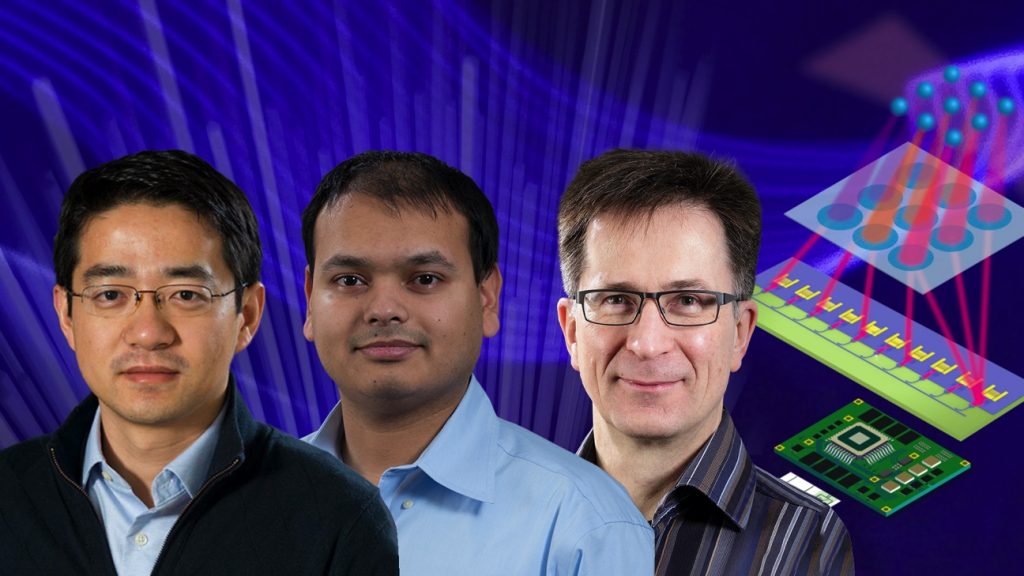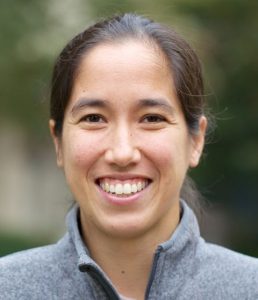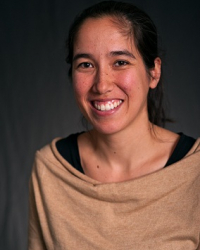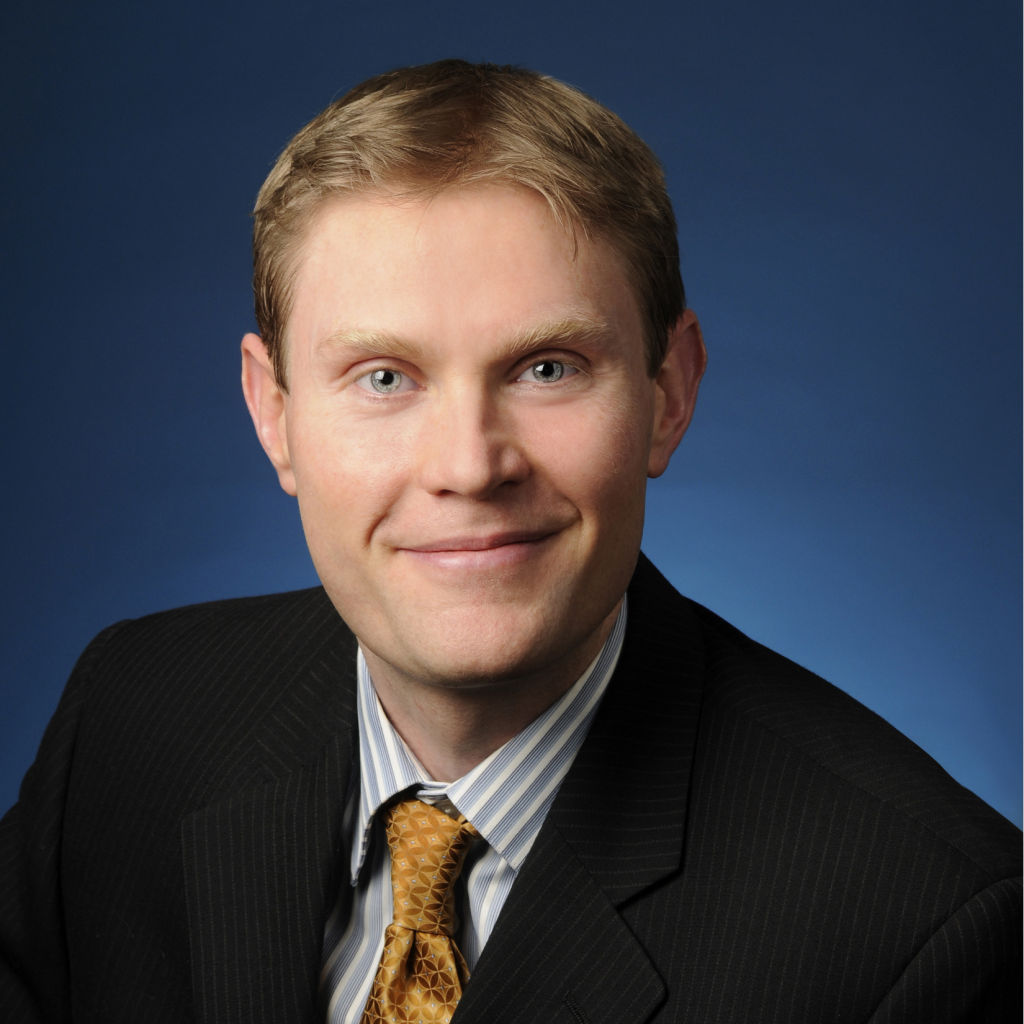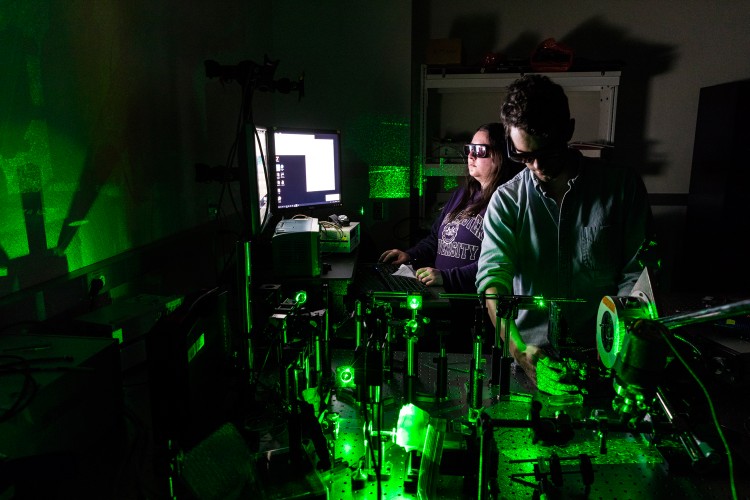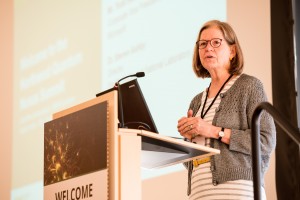The UW has deep roots in quantum research and discovery, and today researchers across the UW — in the College of Engineering, the College of Arts & Sciences and the Institute for Nano-Engineered Systems — are at the forefront of QIS research. The university recently established UW Quantum X to join QIS research endeavors across the UW in fields such as quantum sensing, quantum computing, quantum communication and quantum materials and devices. Co-chairs of UW Quantum X are Kai-Mei Fu, associate professor of both physics and electrical and computer engineering and a NanoES faculty member, and Jim Pfaendtner, associate professor and chair of chemical engineering. Fu and Pfaendtner were also co-organizers of the summit, along with counterparts at Microsoft and the PNNL.
